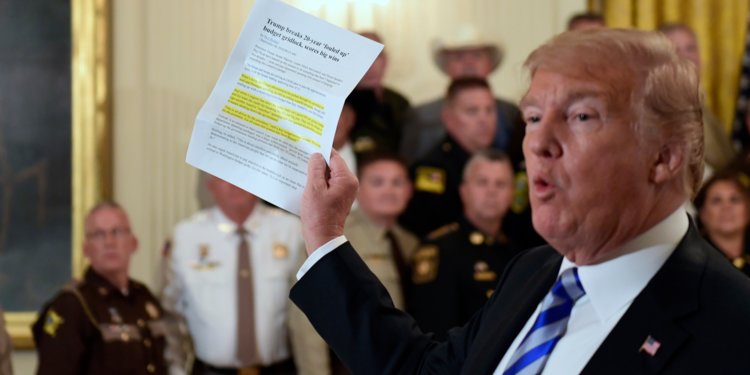THREAD: We filed RTIs on behalf of @no2uid asking the Ministry of Health and Family Welfare questions about how your personal data will be protected while you're using CO-WIN, the COVID-19 vaccination registration platform.
We got answers... kind of. Here's the new info.
1/n
Just like with Aarogya Setu, many Indians are worried that about the potential CO-WIN has to leak your data or threaten your privacy in the name of dealing with a pandemic. So, we asked the MOHFW some questions about data protection under the Right to Information Act.
2/n
In the responses we received, MOHFW said that it cannot provide us with a privacy policy on CO-WIN (?!).
Thankfully it was clarified that Aadhaar is not mandatory for registration on Aarogya Setu or CO-WIN, and that physical vaccine certificates will be provided to everyone.
3/n
The data it says it will collect will be your name, gender, date of birth, photo ID, and number.
National, State, and District level admins will have access to use the app, but there is not much further clarity on this point.
But most importantly...
4/n
The responses (or rather lack of them) related to your data privacy and protection are completely vague. We received no clear answers on which Ministries/Depts will have access to your personal data, the permissions provided, etc. This is a failure in terms of transparency.
5/n

























